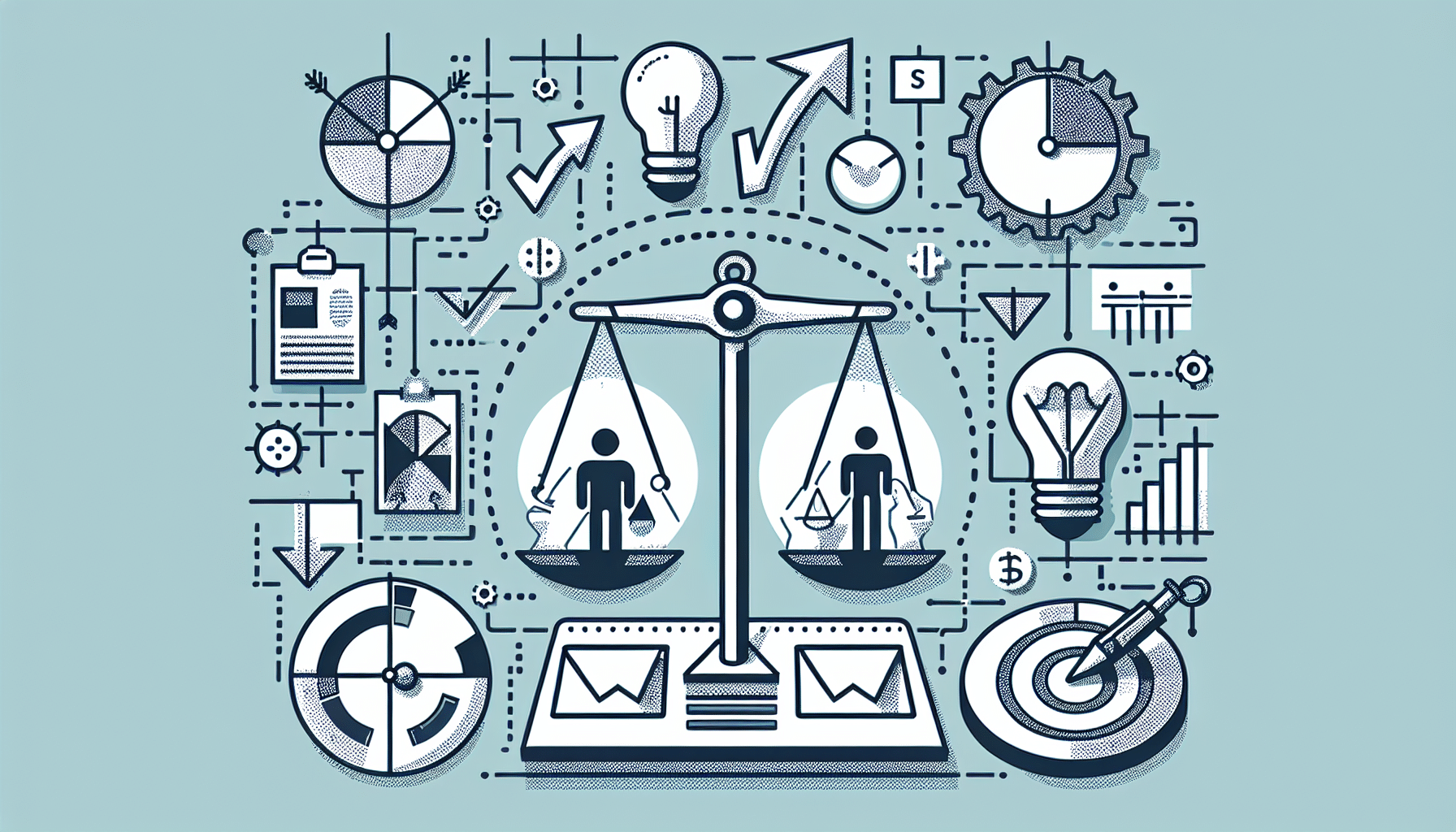In a world full of options and everyday decisions, learning to choose wisely has become a fundamental skill. Aware of this need, we present a series of ideas and tips aimed at helping people make better decisions in various aspects of their lives.
Self-confidence emerges as one of the most effective strategies in this process. Believing in oneself and in the ability to make good decisions can significantly influence the results. Conducting a self-assessment, identifying strengths and weaknesses, represents a crucial step. Reflecting on past experiences and the results of previous decisions allows for a clear vision that guides towards better choices in the future.
The act of researching is another essential pillar. Before making significant decisions, it is advisable to gather information and analyze the various available alternatives. Consulting reliable sources, seeking expert opinions, and listening to experienced individuals in the field can offer a broader perception of the matter. Additionally, creating lists of pros and cons helps better visualize each option.
In the professional realm, establishing clear and realistic goals is key. Defining what is expected to achieve and the necessary steps to reach it allows the individual to maintain focus and motivation, increasing the chances of success. Adequate planning—dedicating time to create an action plan—can make the difference between a favorable and unfavorable outcome.
Adaptability to new circumstances is also vital. Learning to adjust to the unexpected and change course when necessary is essential, especially in a constantly changing environment. Acknowledging that making mistakes is part of the process and that every stumble becomes an opportunity to learn is crucial for both personal and professional growth.
Lastly, the power of intuition should not be underestimated. Often, the most accurate decisions come from a combination of logic and gut feelings. Listening to that inner voice can guide towards what is truly desired, even when reason suggests something different.
In conclusion, although making the right decisions is not always easy, applying these tips can simplify the process. Self-confidence, research, planning, adaptability, and intuition are tools that, if used correctly, can lead to positive outcomes in various areas of life. In a context where decisions are increasingly complex, adopting a reflective and proactive approach becomes essential to successfully navigate through life.
Source: MiMub in Spanish










